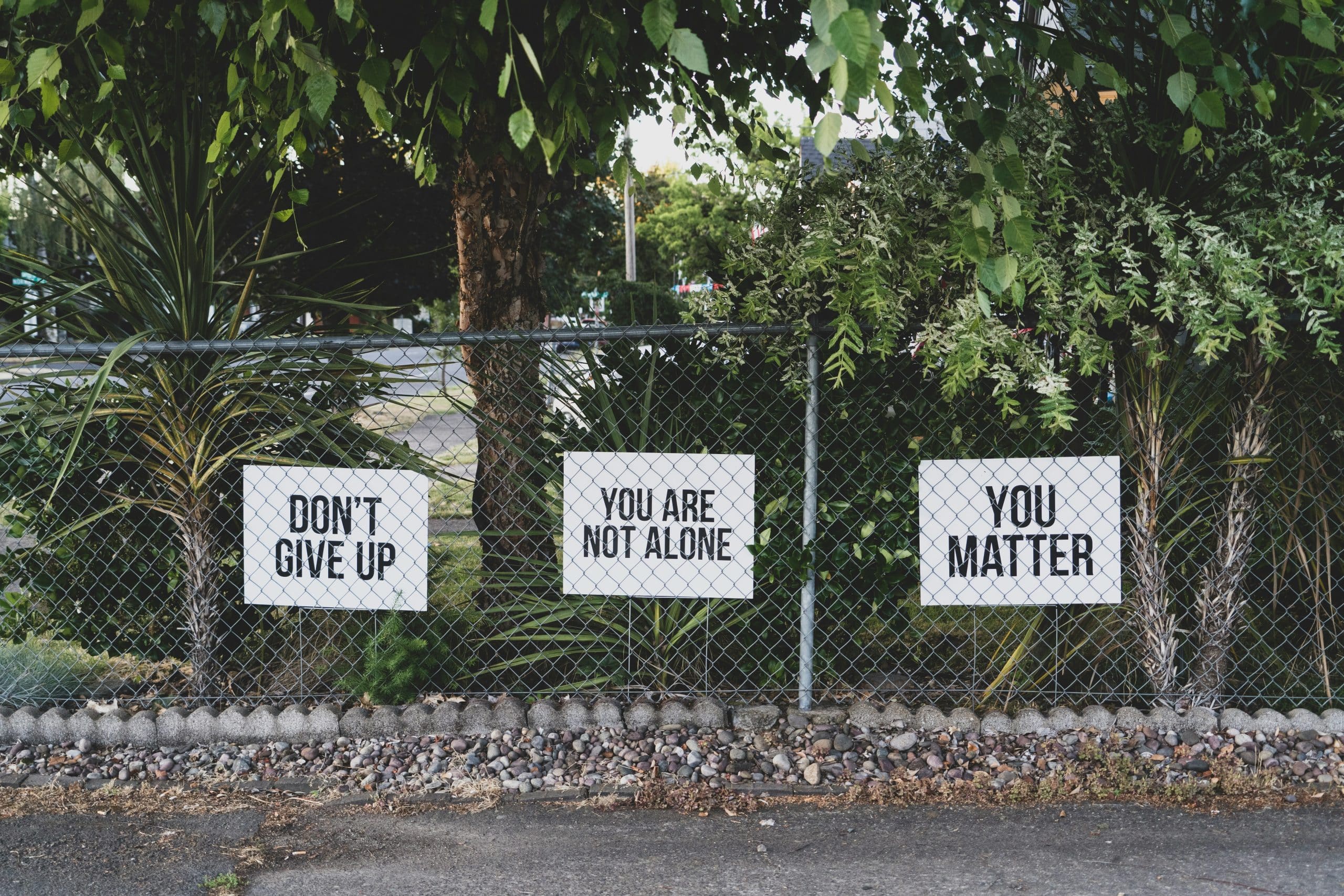Table of Contents
Schizophrenia is a complex mental disorder that can encompass hallucinations, delusions, and cognitive impairment, affecting approximately 20 million people worldwide.
While medication remains at the forefront of treatment, adjunctive therapies such as group therapy have recently been gaining attention for its potential benefits.
In this article, we will explore the effectiveness of group therapy as a complementary approach for managing schizophrenia.
Understanding Schizophrenia
Schizophrenia is a chronic and severe mental disorder that impacts how a person thinks, feels, and behaves.
It is characterised by a range of symptoms that can include disorganised thinking, emotional disturbances, and impaired social functioning, on top of hallucinations and delusions as aforementioned.
These symptoms often interfere with daily functioning and can make it difficult for individuals to maintain relationships, hold a job, or take care of themselves and their basic needs.
The exact causes of schizophrenia is not fully understood, but it is believed to involve a combination of genetic, environmental, and neurobiological factors.
Risk factors for developing schizophrenia include a family history of the disorder, exposure to prenatal complications or stress during early development, and substance abuse.
Diagnosis for schizophrenia typically involves a comprehensive assessment by a mental health professional, including a review of symptoms, medical history, and sometimes imaging or laboratory tests to rule out other medical conditions.
Treatment for schizophrenia, on the other hand, often involves a combination of antipsychotic medication, psychotherapy approaches like group therapy, and support services.
With proper treatment and support, many people struggling with schizophrenia can lead fulfilling lives and manage their symptoms effectively.
With that said, ongoing treatment and monitoring are usually necessary to minimise the chances of a relapse and promote long-term recovery.
What Group Therapy Entails for Schizophrenia
The premise of group therapy involves a therapist leading a session with a small group of individuals, likely facing similar challenges, like mental health issues or substance addictions.
During a group therapy session, participants share their experiences, provide support, and learn coping strategies together.
For individuals struggling with schizophrenia, group therapy offers a supportive environment to discuss symptoms, address social skills deficits, and foster a sense of belonging.
With that being said, there are different formats of group therapy in regards to schizophrenia that can be explored, such as psychoeducation groups, social skills training groups, and regular support groups.
Various formats of group therapy are structured differently, with varying topics covered, activities employed, and approaches used by the therapist to facilitate the sessions.
While group therapy can promote improved medical adherence and reduced hospitalisation rates, it is also important to recognise the cultural nuances within a setting, ensuring inclusivity and sensitivity to diverse cultural backgrounds.
For more information on group therapy, you may also access this article.
Benefits of Group Therapy for Schizophrenia
Social Support
Group therapy provides individuals with schizophrenia a platform to connect with others who understand their experience with the disorder. This sense of camaraderie reduces feelings of isolation and stigma, thus enhancing overall well-being.
Skill Building
Group therapy sessions often focus on teaching participants practical skills such as communication, problem-solving, and stress management. These skills can empower individuals to navigate daily challenges associated with schizophrenia more effectively.
Reality Testing
Engaging in group discussions allows participants to gain more insight into their own experiences and make stronger differentiations between reality and delusion. Being able to listen to diverse perspectives supports individuals in challenging distorted beliefs, hence promoting better symptom management.
Peer Feedback
Receiving feedback from peers in a supportive setting can be invaluable for individuals struggling with schizophrenia. In many ways, constructive criticism can also help improve interpersonal skills and foster personal growth despite their battles.
Symptom Reduction
Research suggests that participation in group therapy can lead to a reduction in symptom severity, including hallucinations and delusions. This supportive environment and shared coping strategies can contribute to better symptom management over time.
Effectiveness of Group Therapy for Schizophrenia
Numerous studies have examined the effectiveness of group therapy as an adjunctive treatment for schizophrenia.
A meta-analysis published in the Journal of Consulting and Clinical Psychology found that group interventions significantly enhanced social functioning and reduced symptom severity in individuals with schizophrenia compared to standard care alone.
Furthermore, long-term follow-up studies have demonstrated sustained benefits, with participants showing improved community integration and decreased rates of relapse.
Other Challenges and Considerations
While group therapy is promising as a complementary intervention for schizophrenia, it is not without its challenges. Some individuals may feel uncomfortable sharing personal experiences in a group setting or struggle to engage due to symptom severity.
Additionally, it may be trial and error at first finding the right group dynamic for group therapy, and ensuring consistency in attendance can sometimes be a logistical hurdle. With that said, with proper support and guidance, these challenges can easily be overcome.
Conclusion
Group therapy is a valuable adjunctive approach to managing schizophrenia, providing social support, skill-building opportunities, and overall symptom reduction.
While individual responses may vary, collective evidence suggests that group therapy can significantly improve outcomes and enhance quality of life for individuals living with schizophrenia.
As part of a comprehensive treatment plan, integrating group therapy holds the potential to empower individuals struggling with schizophrenia and promote recovery in their journey towards mental wellness.
A Word From A Space Between
Locating a suitable group therapist in Singapore can be efficiently done through A Space Between, a platform offering a range of services for mental health professionals, including group therapists.
They provide a variety of therapy room rentals that cater to individual or group sessions, ensuring a conducive environment for effective therapy.
A Space Between, located at Tanjong Pagar, offers flexible and aesthetically pleasing co-working office spaces for rent, designed thoughtfully to combine comfort and style. This environment is ideal for practitioners seeking a safe and relaxing space for their therapy sessions.
Considering being a part of A Space Between?
Check out our dedicated group therapy rooms, where members engage in transformative sessions and activities. Alternatively, learn more about our membership plans and perks. You can also explore our space virtually via our 3D tour, or book a personalised, in-person tour with us here.







